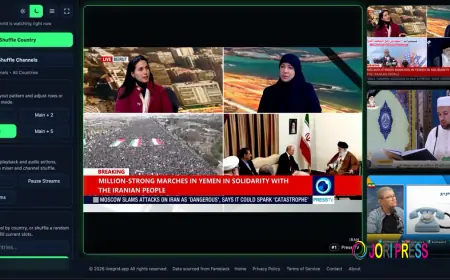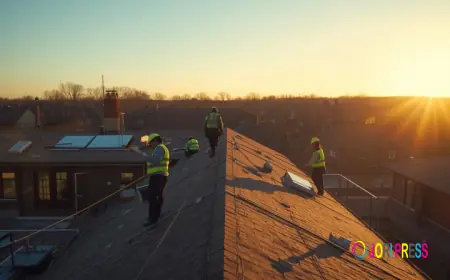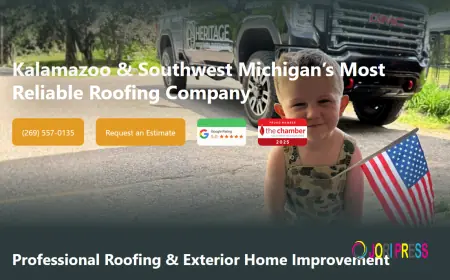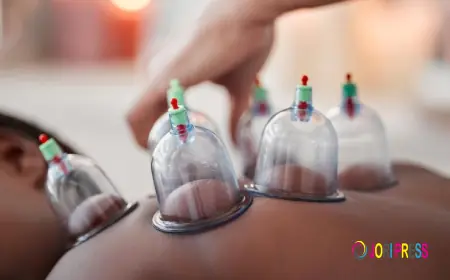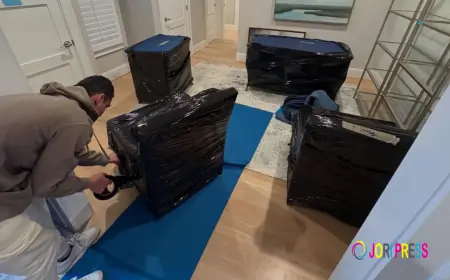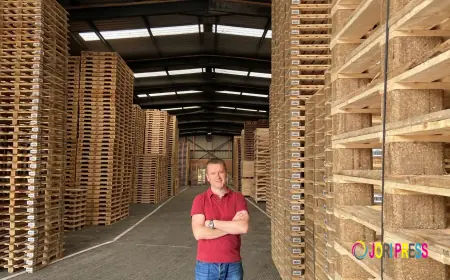Tips for Choosing a Contractor for Closed-Cell Spray Foam Insulation
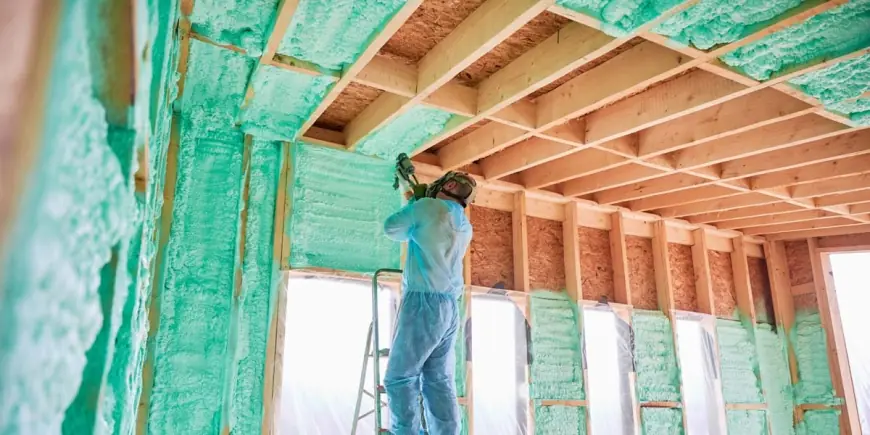
Closed-cell spray foam insulation is a high-performance solution for both residential and commercial properties. Choosing the right contractor is critical to ensure proper installation, long-term value, and building performance. This guide covers how to evaluate contractors based on skill, material knowledge, safety practices, and quality control standards. It’s designed for property owners looking for clarity before hiring.
Understand the Importance of Choosing a Qualified Contractor
Spray foam insulation isn’t just a product—it’s a system that requires precise application, experience, and compliance with code. Poor installation can lead to structural damage, indoor air quality problems, or expensive do-overs.
Why qualifications matter more than pricing
Contractors with proper training and manufacturer support offer higher long-term value. Foam that is misapplied can shrink, crack, or off-gas improperly. Certified professionals understand how to match environmental conditions, substrate preparation, and cure times.
Red flags that indicate risk
Unclear project timelines, inconsistent pricing, or vague answers about material source should raise concern. Ask direct questions and expect precise, documented answers about equipment, ventilation practices, and foam type.
Verify Licensing, Insurance, and Spray Foam-Specific Certifications
Not all general contractors are qualified for closed-cell spray foam installation. Look for credentials tied to insulation work directly.
Required licenses and permits
Check that the contractor holds a valid business license in your city or county. For commercial work, make sure they meet additional requirements under local building codes or fire protection standards.
Spray foam-specific certifications
Ask if they are certified by an organization like the Spray Polyurethane Foam Alliance (SPFA) or have completed training through manufacturers. These certifications confirm hands-on experience and continuing education.
Active liability and workers' compensation insurance
Installation carries risk due to chemical handling, equipment use, and confined space work. A contractor should show proof of both liability and workers’ comp coverage before starting any job.

Evaluate the Contractor’s Experience with Closed-Cell Applications
Closed-cell spray foam has different technical requirements than open-cell foam or fiberglass. It acts as both an insulator and a moisture barrier. Not every insulation contractor has experience applying it correctly.
Residential vs. commercial expertise
Ask how many projects they've completed in environments similar to yours—whether it’s retrofitting a crawlspace or insulating a steel-framed warehouse. Materials, mixing ratios, and expansion behaviors vary across use cases.
Past project references and documentation
Request photos, client references, or case studies. Look for detail, such as substrate type, thickness applied, and R-value achieved. These provide a realistic view of their capabilities.
Inspect the Equipment and Process They Use
A contractor’s equipment and jobsite setup can affect foam quality. Look beyond brand names—focus on how equipment is maintained and how foam is monitored during application.
Equipment for proportioning and spray
Reputable contractors use proportioners that track temperature, pressure, and mix ratios in real time. This reduces the chance of foam failure from off-ratio mixes.
Site preparation and safety
Ask how they handle off-gassing and ventilation. Professionals will isolate the area, run negative air machines, and require protective gear. This protects both workers and occupants.
Clean-up and post-job inspection
Quality contractors offer a post-spray walkthrough, confirm foam thickness with a depth gauge, and show infrared scans or core samples. These confirm full cavity fill and adhesion.
Compare Material Quality and Source Transparency
All spray foam is not equal. Reputable contractors use third-party tested products and disclose manufacturer details. This transparency supports building code compliance and long-term durability.
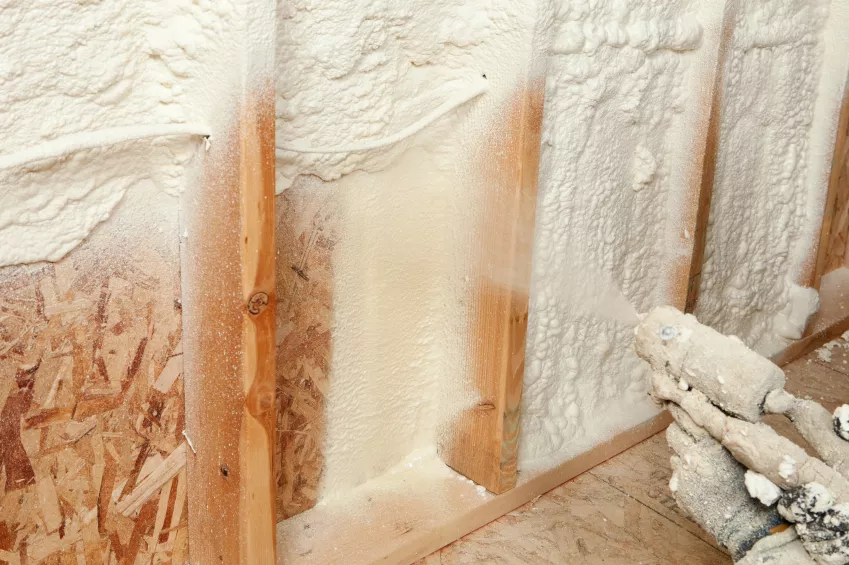
Material certification and testing
Ask whether the foam meets ASTM E84 standards for flame spread and smoke development. Closed-cell foam should meet or exceed Class 1 fire rating if used in habitable spaces.
Manufacturer-backed warranties
Some manufacturers offer warranties only if the contractor follows strict handling and installation practices. Ensure your contractor participates in such programs.
Open vs. closed-cell application knowledge
Even if the job only calls for closed-cell foam, a contractor who understands both types can make better decisions about transitions, hybrid assemblies, or air sealing.
Comparison Table: Key Contractor Evaluation Criteria
|
Evaluation Area |
Qualified Contractor |
Risk Signals |
|---|---|---|
|
Certifications |
SPFA-certified, manufacturer-trained |
No insulation-specific credentials |
|
Equipment |
Maintained proportioners with live monitoring |
Inconsistent spray, manual foam mixing |
|
Insurance Coverage |
Active liability + workers' comp |
Incomplete or expired policies |
|
Material Source |
Uses labeled, tested closed-cell products |
Won’t disclose manufacturer or datasheet |
|
Project Experience |
Specific jobs with closed-cell on similar buildings |
Generic insulation background |
|
Site Safety |
Isolates area, PPE for crew, ventilated workspace |
Poor containment or crew protection |
|
Post-Install Verification |
Infrared scans, depth measurements, photos |
No follow-up inspection or documentation |
Clarify Their Process for Building Code Compliance
Insulation work must meet local code requirements for fire safety, ventilation, and energy efficiency. The contractor should be able to explain how their work aligns with those rules.
Air barrier continuity
Closed-cell foam often functions as the building’s primary air barrier. Ask how they ensure gaps are sealed—particularly around penetrations, joists, or irregular framing.
Thermal and ignition barriers
Contractors must install thermal or ignition barriers over exposed foam, depending on use. Make sure they include this in the scope and follow UL-approved assemblies.
Ventilation strategy during and after application
Spray foam gives off VOCs during curing. Contractors should ventilate spaces according to OSHA or EPA guidelines and restrict re-entry until safe.
Ask About Project Timeline and Crew Size
Scheduling details affect not only convenience but also foam quality. The foam must be applied in specific temperature and humidity conditions for best results.
Realistic timeline planning
Ask how many days they expect to be on-site, including prep and curing. A rush job can compromise foam expansion and adhesion.
Crew coordination
Small jobs often require a two- to three-person crew. For larger projects, confirm whether the contractor assigns enough certified technicians, not just general laborers.
Conclusion
Choosing a contractor for closed-cell spray foam insulation requires more than checking for a license or a good review. The right contractor brings specialized knowledge, proven materials, certified equipment, and experience with building codes and environmental controls. This reduces risk, improves building performance, and ensures that your investment lasts.
Focus on professionals who are transparent about their training, willing to document their work, and capable of explaining how they’ll meet code requirements in your specific structure. Whether you own a home or manage a commercial property, clear criteria will help you make an informed decision.
Learn more: https://www.premierinsulationga.com/?utm_source=backlink
FAQs
How do I confirm if a contractor is certified for spray foam work?
Ask for SPFA or manufacturer-issued credentials. These confirm that the contractor has completed hands-on training and understands the properties of closed-cell foam.
What should be included in a spray foam contractor’s quote?
A clear quote will outline foam type, thickness, R-value, surface preparation, thermal barrier plans, ventilation strategy, and cleanup. Avoid vague pricing or generic descriptions.
Can any general insulation contractor install closed-cell spray foam?
No. Closed-cell spray foam requires specific equipment and technical skill. Look for contractors with direct experience in chemical proportioning, building code application, and post-install inspections.
How long does it take to install closed-cell spray foam insulation?
Most residential applications take 1–3 days, depending on prep and cure times. Larger commercial jobs may take longer, especially with thermal barrier or firestop requirements.
Is closed-cell spray foam safe to stay around during installation?
No. The area should be evacuated during application and ventilated properly. Entry should only occur after recommended re-occupancy times, typically 24 hours or longer.
Author: Skeeter Aimone, co-founder of High Country Solutions, develops eco-friendly products to improve sustainability in outdoor gear. Brad Morrison leads the company’s technology strategy, creating systems that enhance outdoor experiences with a focus on environmental responsibility. Established in 2018, they bring years of experience to advancing sustainable outdoor living through high-performance, responsible insulation materials.
Reviewer: Samuel Harris has worked across various roles in spray foam insulation over 11 years. His review focused on how businesses can better present their services to both new and returning clients.
What's Your Reaction?
 Like
0
Like
0
 Dislike
0
Dislike
0
 Love
0
Love
0
 Funny
0
Funny
0
 Angry
0
Angry
0
 Sad
0
Sad
0
 Wow
0
Wow
0
